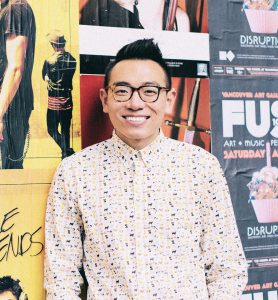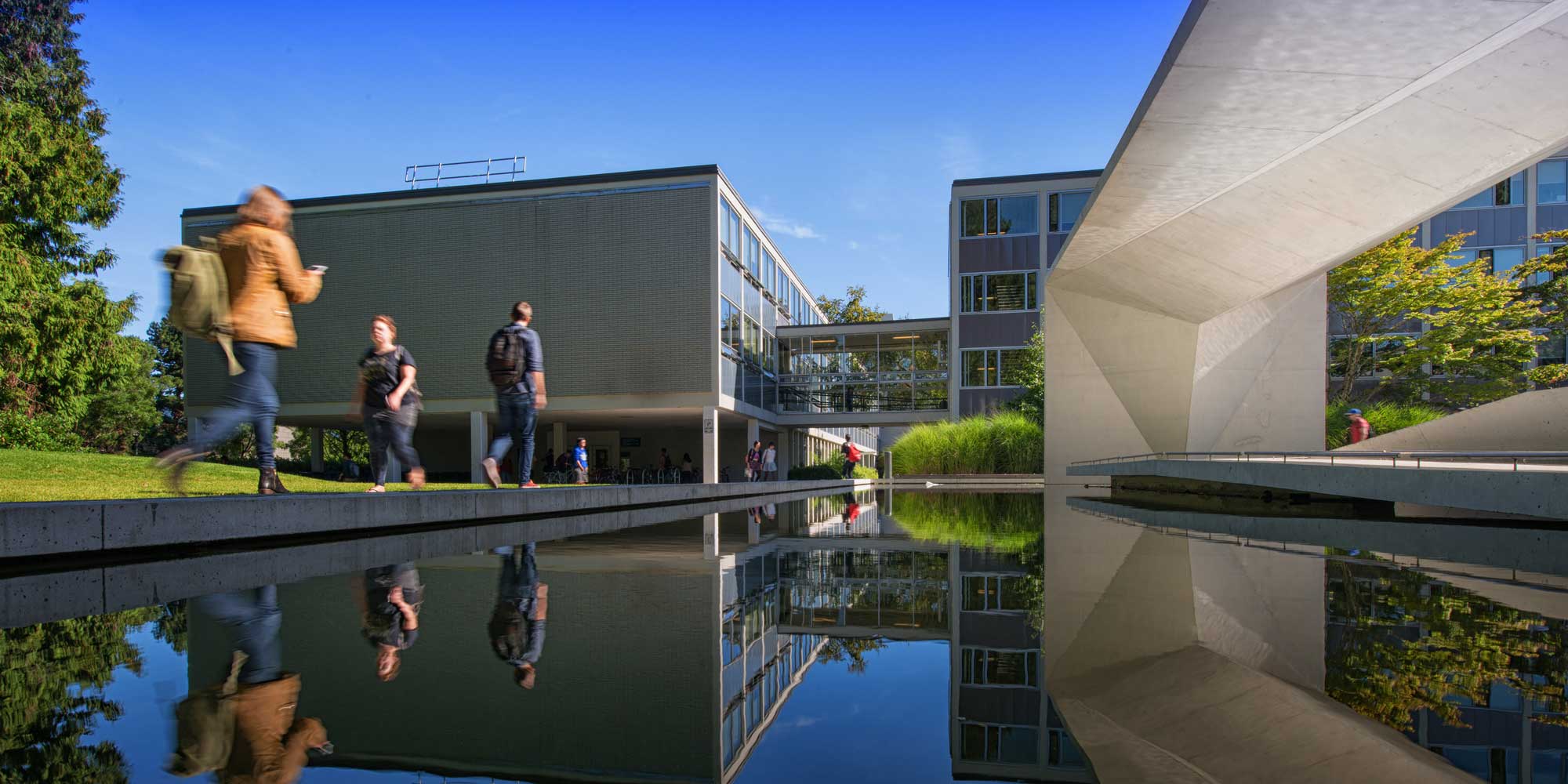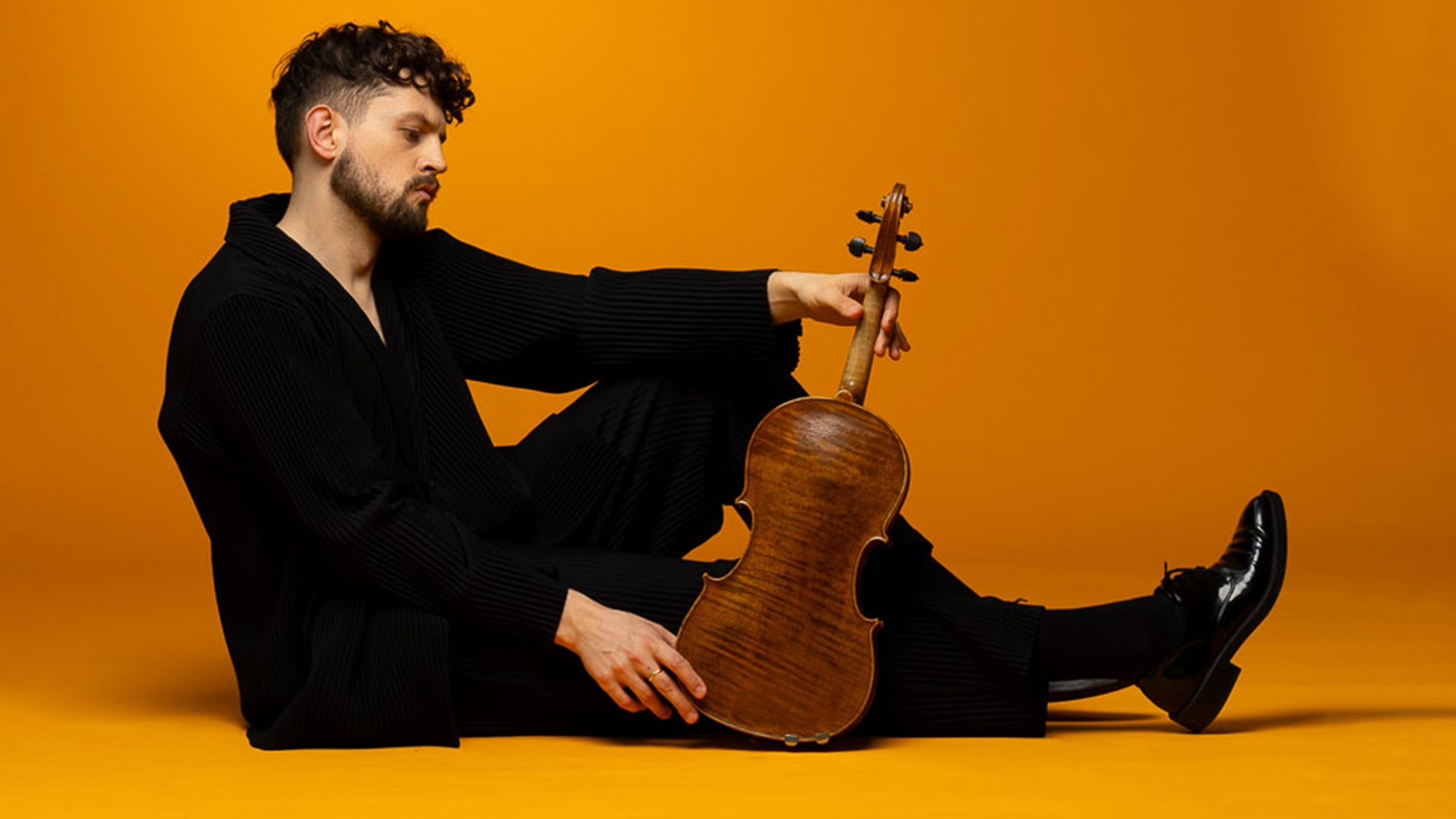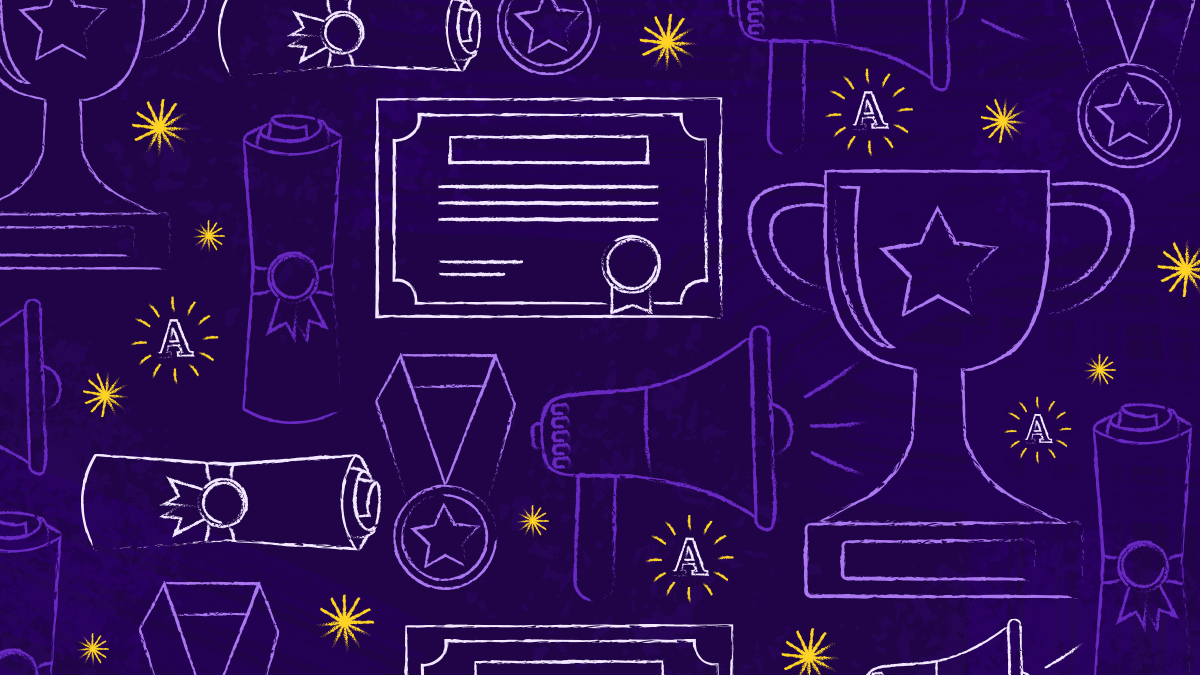

Skyler Wang, winner of the 2016 award for Academic Contributions to the Faculty of Arts.
By Zining Wang
Why did you decide to study Sociology and Visual Arts?
When I first arrived at UBC, I wanted to pursue a degree in Visual Arts. I had always enjoyed fine arts and thought that Visual Arts meshed well with what I initially wanted to do post-graduation – to become a visual journalist. However, in my third year, I started to lose interest in the program as it was not challenging me the way I want to be challenged.
During that period, I took a class on the ‘Sociology of Sexualities,’ a course that completely changed the way I understood Sociology as a discipline. I started becoming more and more interested in this area of research and decided by the end of my third year that I was going to declare Sociology honors as my major and drop Visual Arts to a minor. That was when I approached my honors mentor, Dr. Wendy Roth, to supervise my thesis. I spent a year studying how Singaporean students at UBC become more accepting towards homosexuality and same-sex marriage after moving to Vancouver and studying at UBC, and how these new values are transported back to Singapore as ‘social remittances,’ altering the attitudes of those back home. This research project not only sparked my passion in empirical research, but it also illuminated me to the fact that academia is in fact a viable career trajectory for me.
You presented at major national and international conferences, such as the Canadian Sociological Association and American Sociological Association’s annual meeting. Can you tell us more about those experiences?
Presenting my thesis at these big conferences as an undergraduate student can be intimidating, especially when most of the people around me are either graduate students or academic superstars whose works I have read. I was warned about how frightening the American Sociological Association’s conference could be for first-time attendees, and it certainly did feel that way when you are the smallest fish in the pond. But I kind of just did my thing and approached people I wanted to talk to and it honestly wasn’t that bad. At times you get a cold response, but oftentimes you meet someone who seems genuinely interested in what you do, and that’s just the best feeling ever. I really recommend young scholars who aspire for a career in academia to take their research to big conferences – I definitely grew a lot from attending them.
“I really recommend young scholars who aspire for a career in academia to take their research to big conferences – I definitely grew a lot from attending them.”
Tell me more about your research and publications
I am a qualitative researcher, so my methods include interviewing, focus groups and ethnography. I just recently finished a study that compares the integration levels of first-year international student at UBC. I conducted four focus groups with Vantage College Chinese, Vantage College non-Chinese, non-Vantage College Chinese and non-Vantage College non-Chinese students, and found that depending on program, ethnicity and English language capabilities, students can face radically different struggles. Using this data, I am currently preparing a manuscript for Canadian Race Relations Foundation’s research and policy journal. Previously, I published two peer-reviewed articles, one with the Undergraduate Journal of Art History & Visual Culture and the other with Sojourners.
You directed a Student-directed Seminar entitled “What Makes You Click – The Sociology of Online Dating” in your final year. What motivated you to design a course like this?
I have always been a huge advocate of online dating. So many people on campus are now seeking hook-ups or relationships via apps and sites like Tinder and OkCupid, and yet we rarely talk about these issues in an academic setting. Further, social stigma attached to online dating is still highly prevalent. As an effort to buck these trends, I proposed and was selected to direct a course that focused on the sociologically examination of online dating. The seminar met once a week and was run similarily to a book club – lots of laughter, personal anecdotes and collective knowledge generation. One of the biggest highlights of the class is that I organized an exclusive tour of Plenty of Fish (PoF) for the eleven of us. Unbeknownst to many, PoF is based in Downtown Vancouver.
Any good online dating advice you can give to our readers?
Keep online messaging to a minimal. Try to keep initial contact to less than 20 messages and set up a physical meeting as soon as you can. Online dating is a misleading term, because no one really dates online – the goal is to meet in person and go from there. It’s more of an introductory service rather than a dating service, so trying to meet someone in person as quickly as you can is an important priority to uphold. Next, go on six dates with a partner. We live in an era where people give up too quickly because of our perceived ease of access to new partners. This is really the paradox of choice. Most folks give up after the first or second date, but I recommend that you see someone six times before making a final call.
How did you find a balance between being a Senior Residence Advisor, research, academics and personal life in your fourth year?
Reflecting back, despite being swamped by several commitments in my fourth year, it was actually one of the best years I have had at UBC. To me, it is more important to work smart than to work hard. I personally think that I procrastinated just as much as everyone else, and that I might have spent way too much time on YouTube or Netflix. That being said, when I was in the zone to work, I worked. Time management is one of those things in life that you just kind of have to figure it out yourself, hence why it is so important that you know yourself. Also, it is equally important to remind yourself to always make time to engage in leisurely activities, such as hosting dinner parties, going on dates, yoga or meditation. These things definitely kept me going.
What is your next step after graduation?
I am taking the summer to travel Europe and Asia for a few months. Following that, I will be moving to California to attend UC Berkeley in August, where I will be pursuing a PhD in Sociology.
Any final advice you have for students who are transitioning out of university life?
Focus on building connections, keep people close to you, show appreciation whenever you can and give, give and give.


